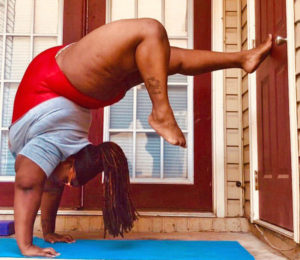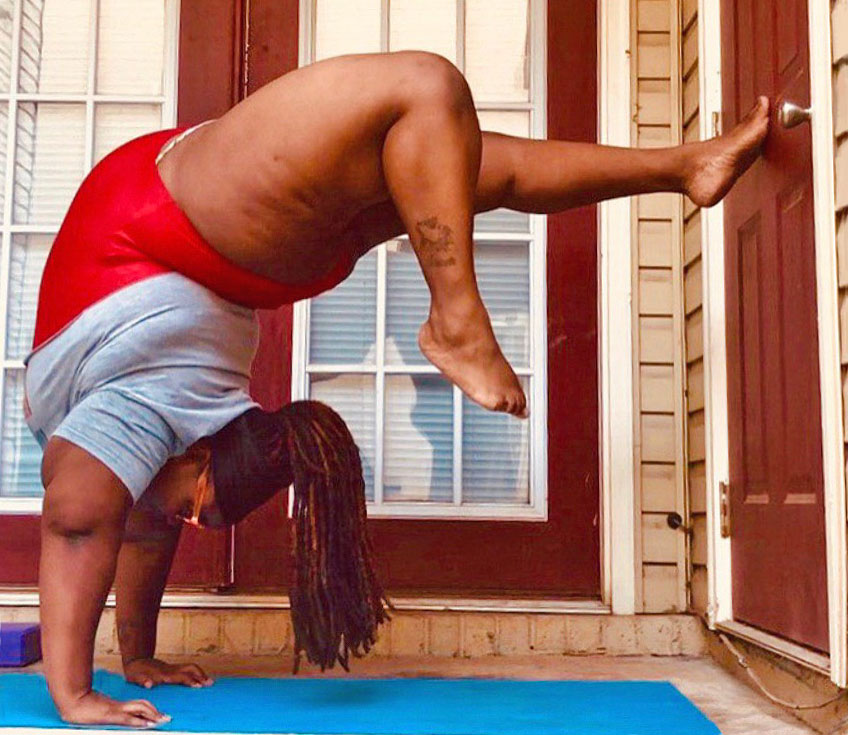Exercise, like any healthy change, isn’t something you just start doing one day. There are steps your can take to make it more likely and possible to incorporate exercise, or any healthy changes, into your life.
The Five Stages of Change
- Pre-Contemplation: Initially, you are unaware of the need to change, but you are beginning to learn by increasing your awareness and education.
- Contemplation: You have developed the awareness of your need to change, and you are open to discussion about change. You may still lack motivation, and you may need encouragement. (Motivation from others is great. But don’t make the mistake of making them feel like it’s their job; you have to do your share!) You are still undecided whether you will make the change.
- Preparation: You have decided that it is worth making the change, and you are preparing to do so. You may need help planning, so don’t be afraid to ask for help.
- Action: This is it! You are actively creating change and reinforcing positive behaviors. You may need assistance with problem solving. Don’t be afraid to ask as many questions as you want. Seek help from people who are educated in the areas you need help with or from someone who has overcome the struggles you are currently facing.
- Maintenance: You continue the new behavior. You continue to help reinforce and problem-solve. You create plans to avoid relapse. (This one is very important!)

Once you see what it is you want to change, you need to understand the steps needed to put the change in action. While understanding the steps, make sure you understand the benefits that the change may have on you. Make sure you set reasonable goals for each step of the way.
What do I mean?
Example 1:
Let’s say your goal is to get up early and feel rested.
First, understand why you want to do this. Second, set an alarm for the time you want to get up. You would also need to change some of your bedtime behaviors so that you can get a decent amount of rest. Of course, there will be a couple nights you will toss and turn.
But your body is like a little kid. It’s going to fight you because you’re changing a habit it’s accustomed to. Stick with it and your mind and body will do what you want them to do in time. Sticking to what you set your mind to is very important. It builds willpower and self-determination.
Let’s get a little more realistic. Let’s talk about changing our diet.
If you have not developed a food allergy like I have, then there is no reason why you have to ignore temptation. With my food allergy, it’s either eat what I’m allergic to and break out in hives and have achy joints; or don’t eat it and learn to replace it with more of the healthier foods like fruits and veggies.
So for those who don’t have food allergies, let’s look at this example.
Example 2:
You want to change the way you eat.
Perhaps you want to cut back on carbs. Are you aware of what carbs you want to reduce? Let’s say you want to cut slow-burning carbs (rice, bread, pasta) out of your diet. Let’s start with cutting the serving size in half. Pick a meal you want to do that with.
Let’s pick dinner. Whatever your normal portion is, cut it in half and replace it with more veggies. Keep this routine up for a week to two weeks. Then take out those slow-burning carbs completely from the dinner plate and give yourself more veggies. Make it two different kinds of vegetables.
The most common mistake I see people make is trying to jump into big changes without taking baby steps. You have to crawl before you walk! Without the baby steps and letting your body adjust to the new habits you’re introducing, you might end up giving up on yourself.
Change starts within your mind. You have to want it.
Think about self change as a personal five-year plan. It’s never too late to invest in yourself or want more for yourself.
About the Author: LP is a personal trainer based out of New York. She is also Curvicality’s monthly fitness columnist. For more LP, you can find her on IG @sexy_as_i_get
































